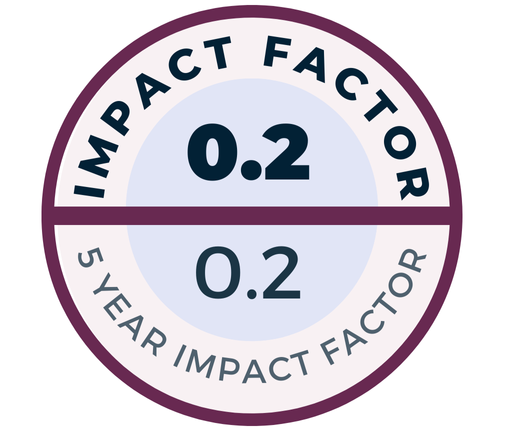Objective: This study aimed to evaluate balance disorders and potential risk factors for falling in patients with hypothyroidism, as well as postural stability and the risk of falling.
Methods: The participants’ sex, age, body mass index (BMI), falls history in the past one year, and Falls Efficacy Scale - International (FES-I), Neuropathic Pain Diagnostic questionnaire (DN4) and clinical symptoms were recorded. The stability index (SI), weight distribution index (WDI) and falls risk analysis were performed for postural stability by objective computerised dynamic posturography.
Results: 50 patients were matched for age and sex (mean age:41.7±11 years; age range:19-61 years) with 47 healthy (euthyroid) controls (mean age:39±9.6 years; age range:23-60 years). All SI, HL-WDI and falls risk scores, except FES-I, DN4 and NO-SI, were significantly higher in the patient group. In addition, other symptoms were present at a higher rate, with the exception of morning stiffness (p0.05). However, there was a slight positive correlation between the existence of paraesthetic symptoms, a history of falling, and the overall SI and HLWDI values (r>0.3 and p<0.05).
Conclusions: It was determined that, as postural stability is affected in cases of hypothyroidism, balance becomes disordered and the risk of falls increases. This increase in the risk of falls was associated with being hypothyroid, but not with FT4 or TSH levels or the other factors evaluated.

.jpeg)
